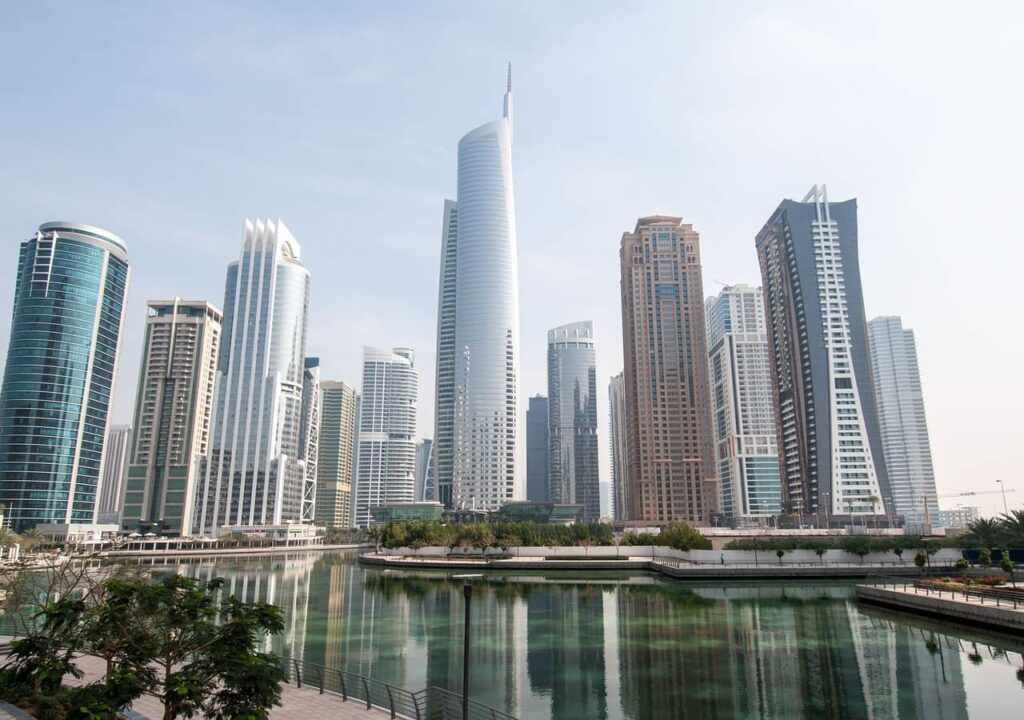In Dubai, the first title deeds are now being issued under the concept of fractional ownership, which could radically expand the investor base in the local real estate market. Fractional ownership is the process of allowing a group of investors to acquire a single apartment, villa, or other property types, while each investor has ownership rights through the title deed.
Under the current rules, “A maximum of four investors can acquire property together in the emirate,” said Sameer Lakhani, Managing Director at Global Capital Partners. “The fractional ownership rules apply to existing as well as older projects as long as they are approved by RERA (Real Estate Regulatory Agency) and Dubai Land Department in meeting necessary requirements.
“You are also developing the possibility of potential buyers buying fractions of the property from the auction market just as they can from the primary and/or secondary market. There will be a steady and vibrant secondary market that will develop for fractional properties in the medium term.”
The developer makes a case for fractional ownership
World of Wonders (Wow) was the first developer to offer fractional ownership in its new project, SLS Dubai Hotel & Residences. The units are available for Dh460,000. The project is part of Downtown Dubai.
Yahya Alkan, CEO of WoW Real Estate Development, said: “We are making luxury real estate investments more accessible to more regional and international investors, especially Expo 2020 attendees.
“As Expo 2020 visitors stay longer to experience what Dubai has to offer, this would be a hassle-free investment opportunity.”
Add to the investor base
Property fractional ownership is quite the pathbreaker for Dubai’s real estate market. Individual investors previously had to purchase an entire unit. There may be other investors, but only one is entitled to the title deed. (There is also the crowdfunding option, where investors have rights to a property but the title deed is issued to a special purpose company rather than the individual.)
Dubai’s property market is coming off a record year, and market sources confirm that January extended the hot streak. In the last month alone, there were near Dh500 million in sales bookings for one of Dubai’s biggest developers.
By allowing fractional ownership, authorities and developers can appeal to a much broader audience. For example, a Dh2 million apartment becomes more accessible if several investors invest their money in it – and have individual ownership certificates attesting to it.
Improving rental market
At the same time, the rental market is also trending in the right direction, with steady improvements and landlords benefiting for the first time in nearly five years. Additionally, this will draw more investors into the property market by offering their units for rent, whether they are for long-term rentals or holiday homes, which are becoming increasingly popular.
“Fractional ownership lowers the cost of a property investment in Dubai, and creates equal rights for that investor group,” said a property consultant. “It should give a compelling reason for residents to park their funds in Dubai property rather than divert it on assets outside the country.”
“Dubai Land Department has started issuing fractional ownership deeds for a number of high-profile projects and there is already a demand for this new innovative structure.”– Sameer Lakhani of GCP
Transfer the rights
One of the fractional title deed owners can sell his stake and transfer the deed to another party if he wants to exit. It is a simple process. In fact, there was a recent auction that called for bids on a fractional ownership deed.
Crowdfunding
In case fractional is not for you, crowdfunding may be an option. In this case, a special purpose vehicle (SPV) is set up and funds are collected from investors in smaller amounts. A property owned by an SPV company is theirs, and they receive returns based on how much the unit will rent or sell for in the future.
